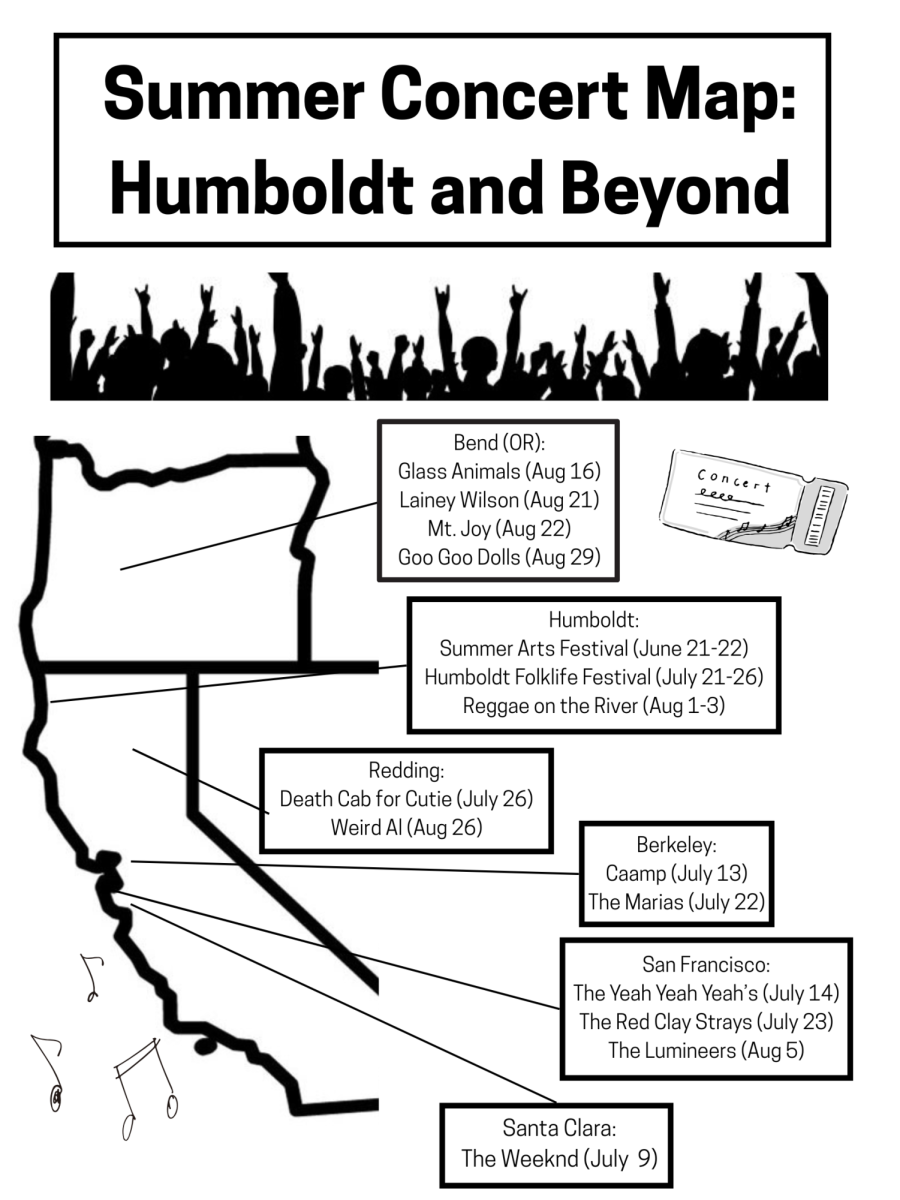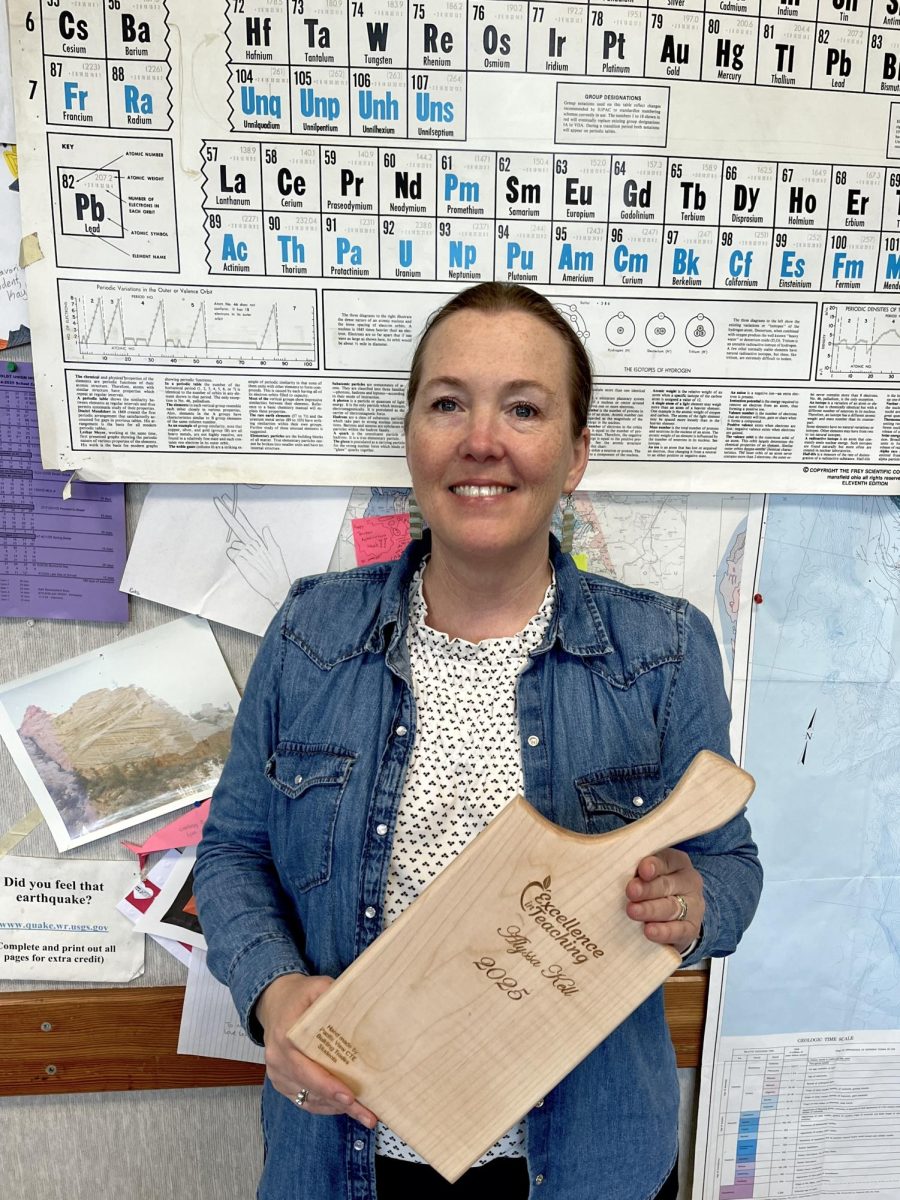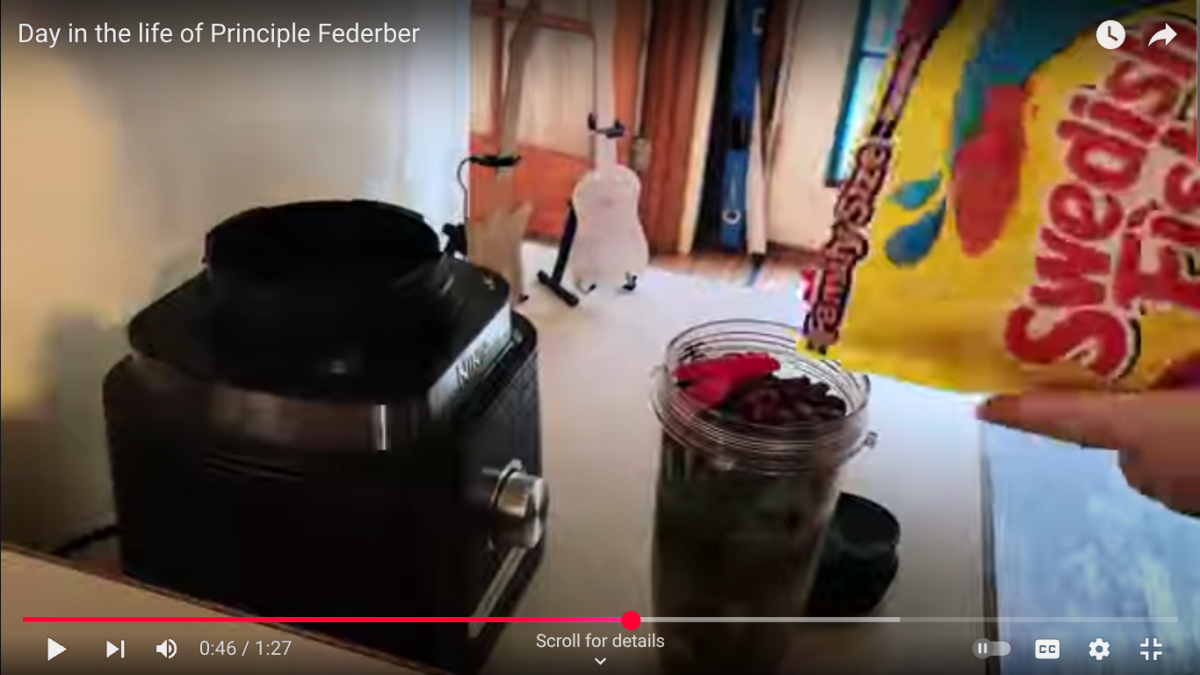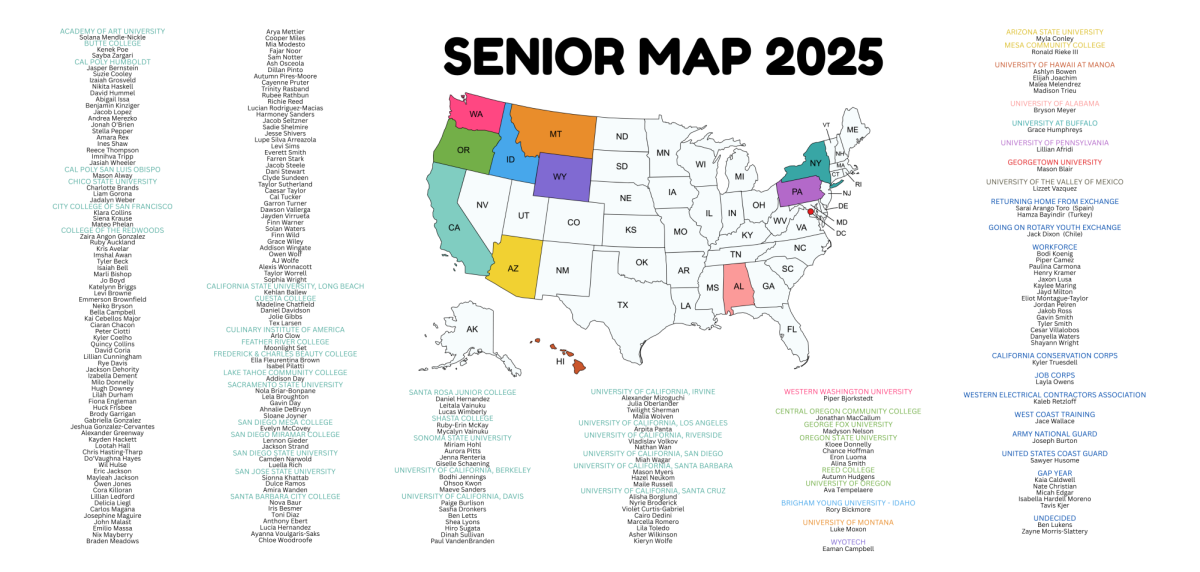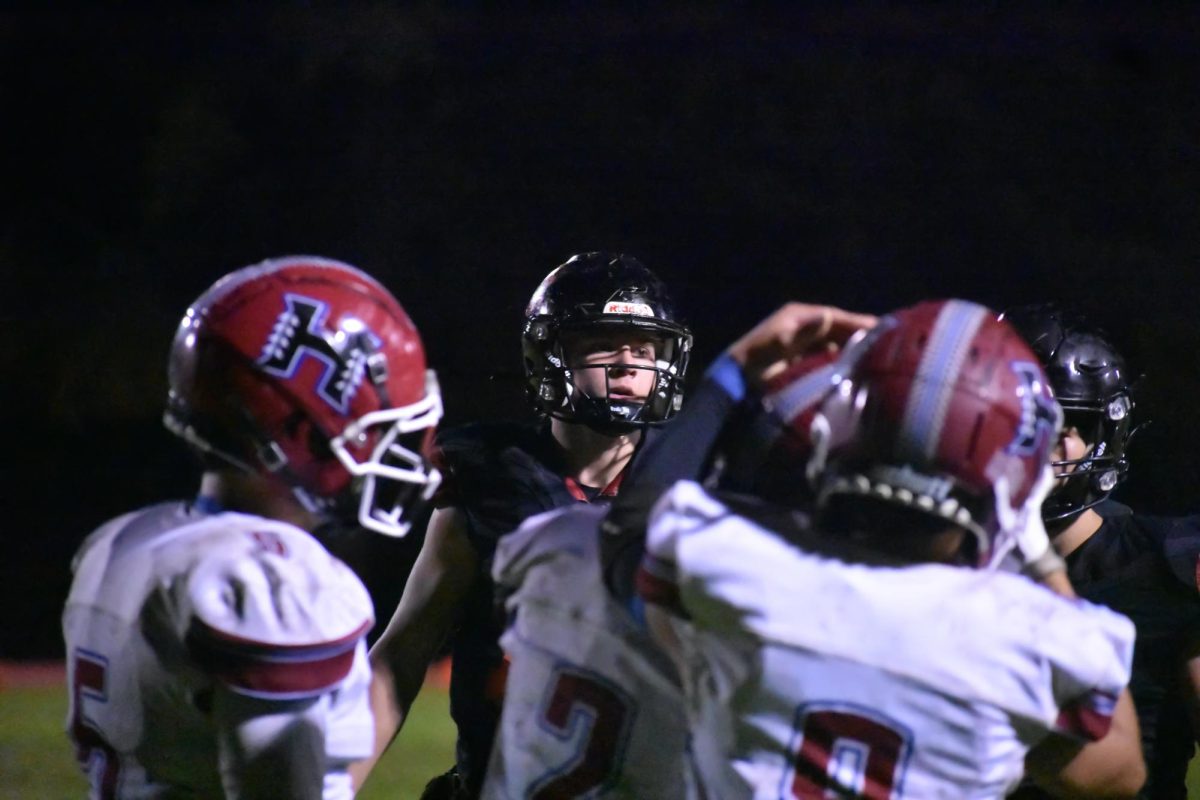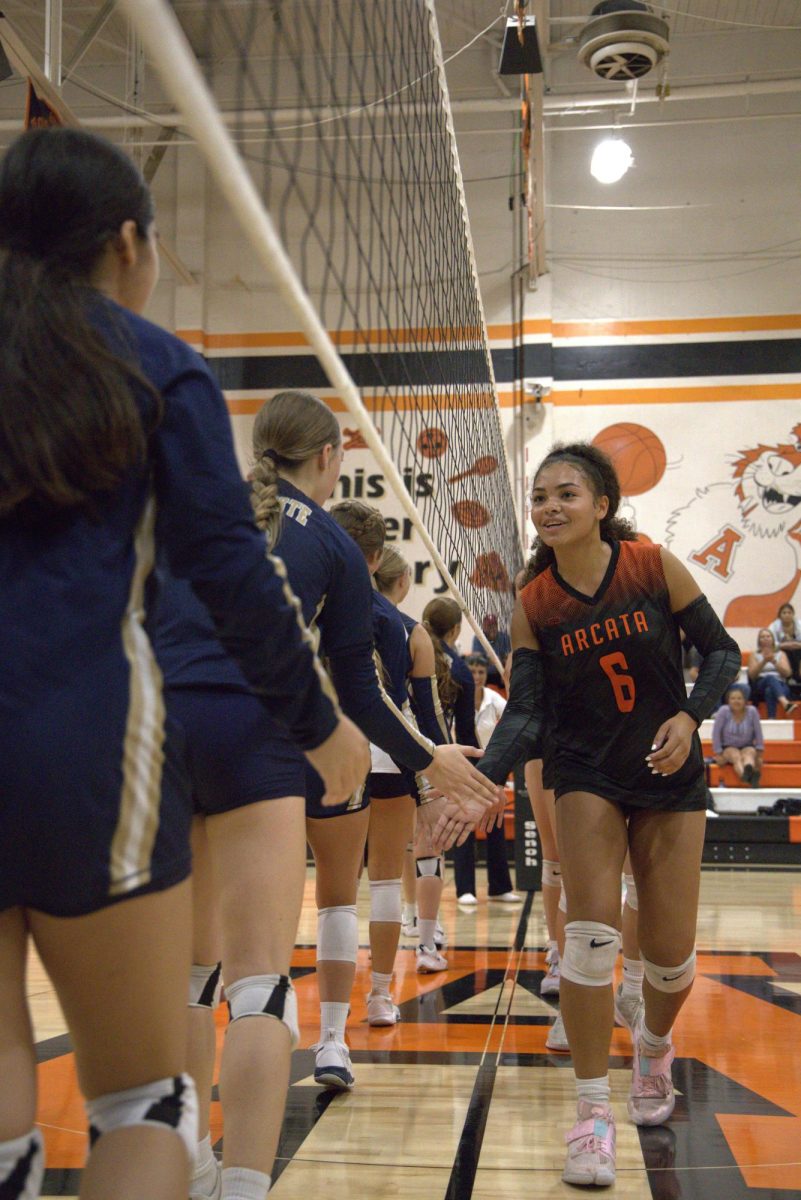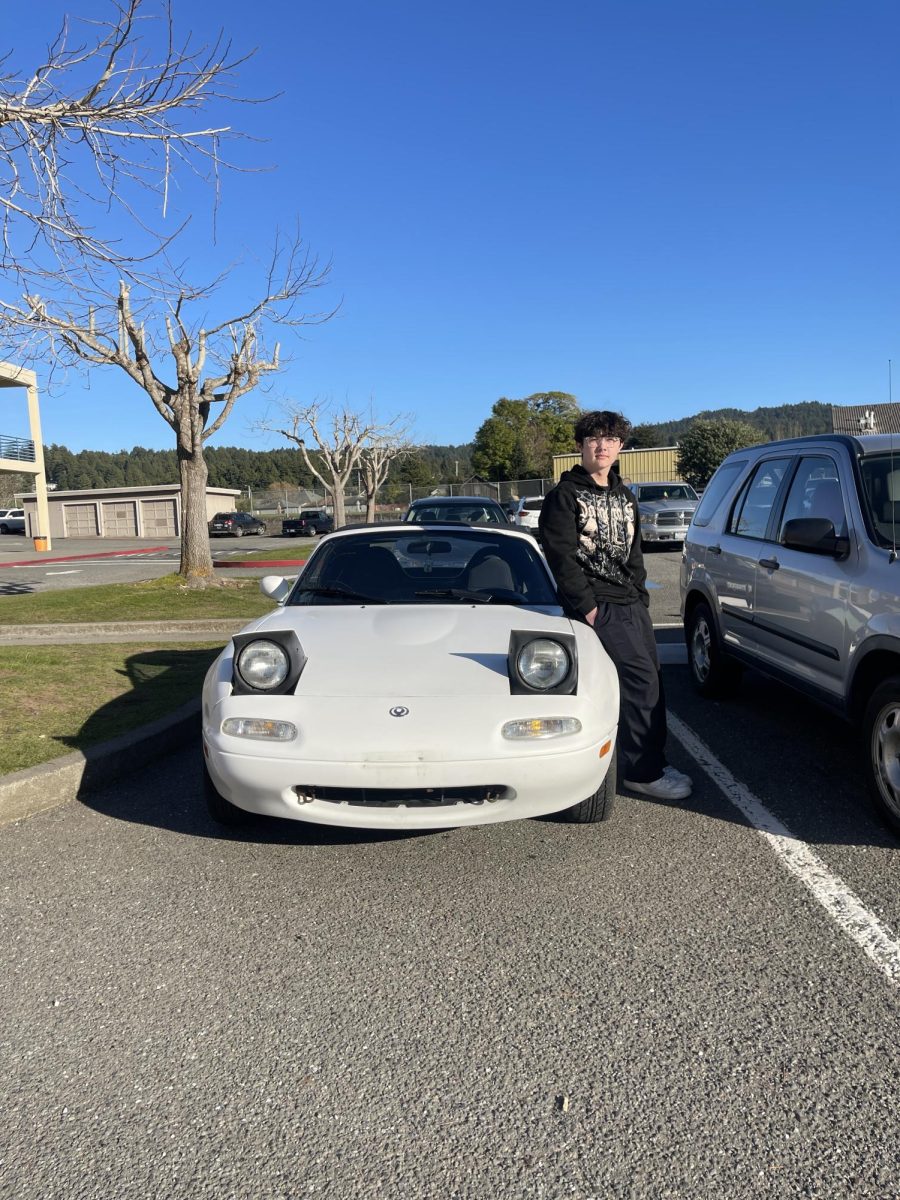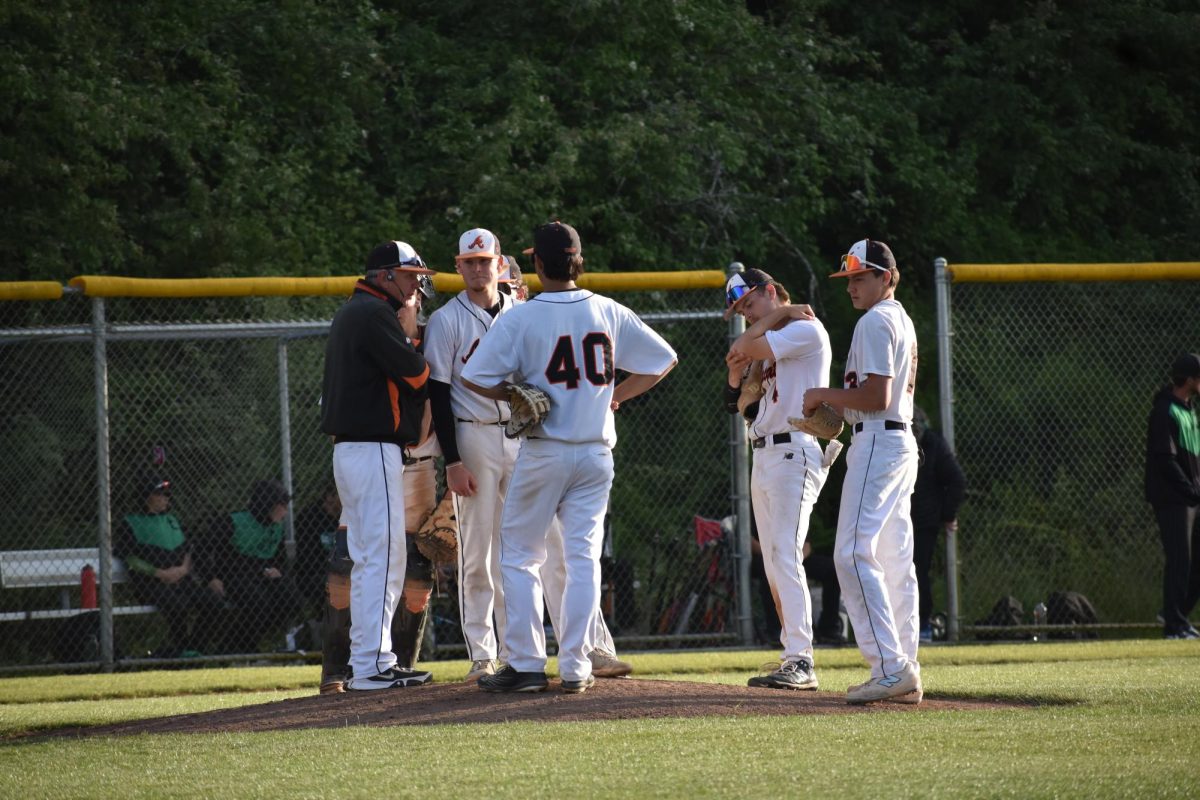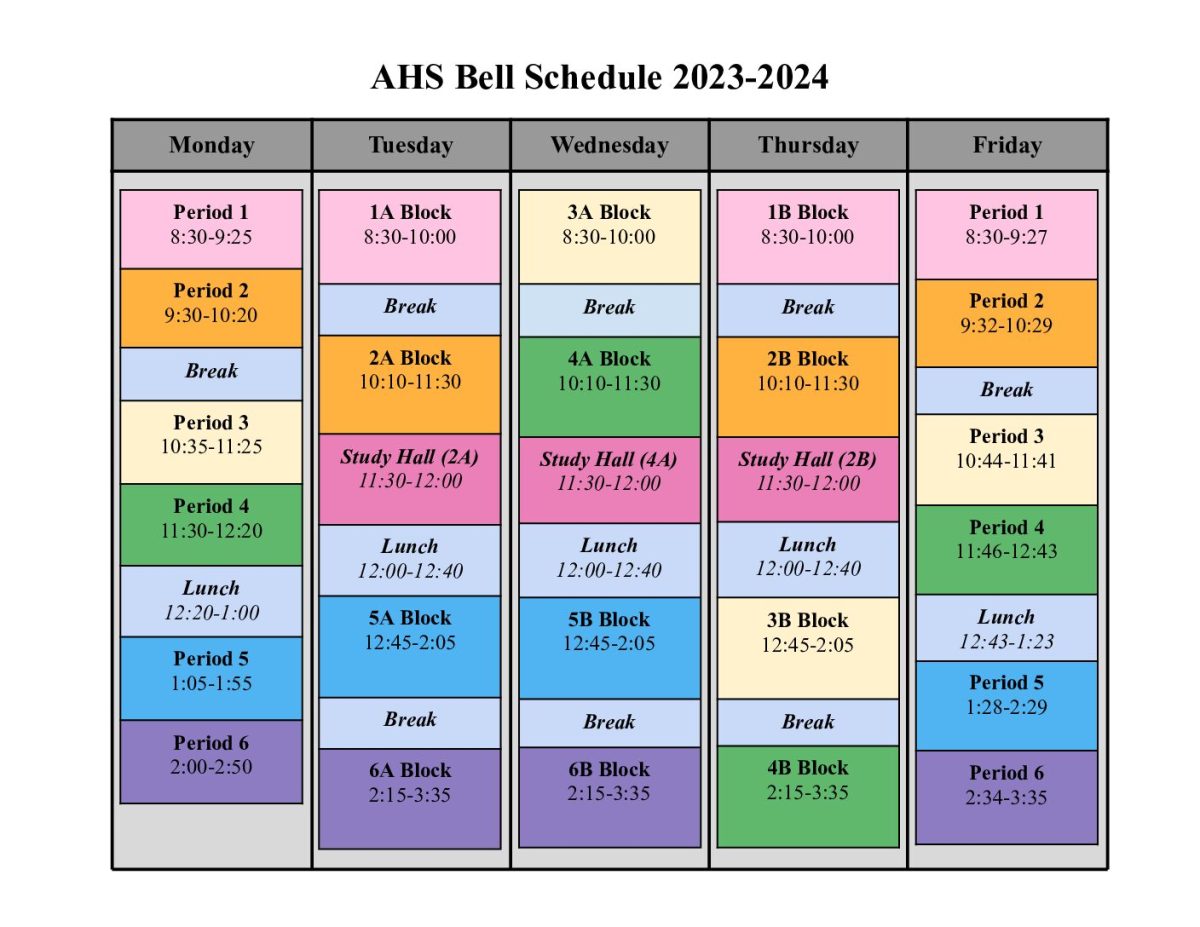The new school year is here, and with it, the new schedule. Freshmen scuttle to their classrooms like cockroaches but so do seniors as students try to memorize and figure it out. Teachers get their class plans cut short–not used to the shorter periods. The chaos in the hallways is unavoidable. Some students love it, and others well, not so much. And how are the teachers adjusting?
Steve Hoffman, a science teacher insightful as always, said “I like that I see my students four times out of the week[…]it’s a higher likelihood to have more of a workload, but higher retention and memory of it.’’ Hoffman doesn’t like the 80 minutes as much as the 110 from last year. He says that it’s hard to do a lab in 80 minutes and that he almost always has to break a lab down without finishing, just to start it up again the next day. When asked how he would compare this schedule to the old one Hoffman said, “I am getting adjusted to it. I feel like this is easier for students. If you missed a chemistry day on last year’s schedule, there was an insane amount of information that you had to go makeup. So although it was nice for my class time, students that were absent for a sport or being sick had to do a lot of extra catch-up time at lunch.’’
Hoffman admitted that just like last year’s schedule he can see himself liking this one more once he gets used to it.
“I see myself liking this one a lot once I get my curriculum dialed to it,” Hoffman said. “That means taking my curriculum modifying a way where it’s done fragmented, that it does flow nicely and this is a challenge right now.”
Freshman Jacob Perez said this the schedule was going to take some “getting used to.” Perez has a new perspective on the schedule because he can’t compare it to the previous one, “what I don’t like is the classes are pretty long.’’ When asked what he liked better, having all classes in one day or four class block periods, Perez said, “I feel like all the classes in one day are good.” And when asked why he said, “I just feel like it would be more organized.” Perez said that he finds this new schedule disorganized in the way that the periods skip around, going from second to fifth.
Zephyr Levy, a senior, finds the Tuesday through Thursday “rotating class schedules” to be confusing but likes having four periods in one day. “I prefer it less than the old schedule but I do see how a lot of teachers, specifically language and math, prefer this one,” Levy said. He would change the Friday schedule: “I would figure out some way to make Friday’s periods not at such weird times.” Levy revealed his favorite thing about the new schedule was “the length of the Tuesday through Thursday schedule.” When asked about the new break time Levy unabashedly said, “Oh they suck. They should collapse both of the breaks into one break so it’s longer, and put the study hall where the second break is.” Levy preferred having flex after lunch, he stated, “You have more time to compress after lunch.”
“The beginning of the year, there were people who were concerned. I did get some feedback about knowing where to go and there was some confusion during the first few days. But it seems to me when I asked students what class they have next, right now, they all know,” Perry said. He asked teachers, leaders, and department chairs, who allegedly indicated, “It’s one of the best things we’ve done.’’
Some other feedback on the length of the schedule he has gotten was that it was the right amount of time.
“It’s not one that’s so long that it’s agonizing, but it’s long enough to get something done,” Perry said.
Some people disagreed with him telling Perry the class periods were too short, not giving teachers enough time for labs. One of the things that stood out to Perry about the feedback he got was, “It’s really nice to have all six periods on Monday, and on Friday, you have an opening and a closing of a week, so each week feels like its own little unit,” Perry said. He says sometimes it’s like Goldilocks, trying on something that’s not quite right, then another before finding something that works, “there are times when you have to ‘fail forward,’ meaning you try something and see how you can improve it.”



